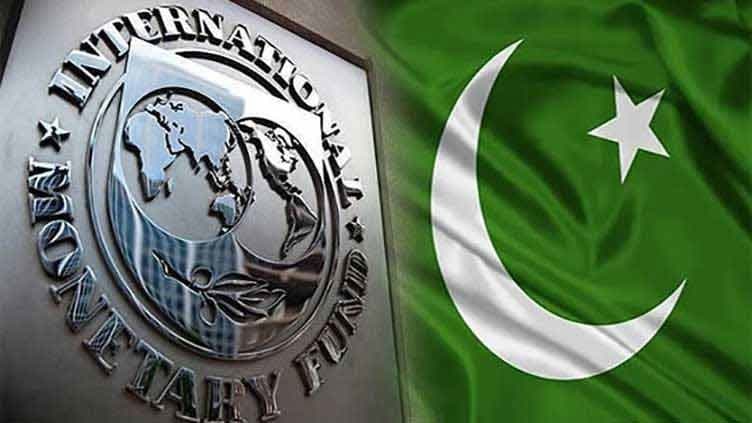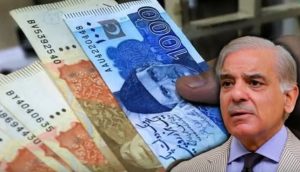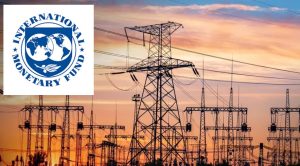KARACHI – Pakistan is facing intense International Monetary Fund (IMF) scrutiny as fiscal consolidation is at crossroads.
The global lender announced that its discussions with South Asian nation over upcoming fiscal year 2026 (FY26) budget will continue in coming days, after conclusion of staff-level mission.
IMF mission wrapped up on Friday, shortly after the federal government postponed the budget presentation date from June 2 to June 10. The delay reflects ongoing efforts to reach consensus with the IMF over fiscal targets and reform measures. The Ministry of Finance also confirmed that the Economic Survey 2024–25 will be released on June 9, providing an overview of the country’s economic performance over the past year.
Led by Mission Chief Nathan Porter, IMF delegation arrived in capital on May 19 to assess Pakistan’s economic conditions, monitor progress on reform commitments, and evaluate the government’s budgetary strategy for the new FY.
In statement released at end of visit, Porter termed discussions as constructive, covering fiscal plans, structural reforms, and policy frameworks under both the 2024 Extended Fund Facility (EFF) and the 2025 Resilience and Sustainability Facility (RSF).
Pakistani officials reaffirmed their pledge to continue fiscal discipline while ensuring social protection and essential development spending. The government has set a primary budget surplus target of 1.6% of GDP for FY26.
Key areas of focus in the ongoing talks include enhancing tax compliance, expanding the tax base, and prioritizing government expenditures. Energy sector reforms to improve financial sustainability and reduce operating costs also featured prominently in the dialogue.
IMF emphasized the need for continued tight, data-driven monetary policy to anchor inflation within the State Bank of Pakistan’s 5–7% target range. Additionally, rebuilding foreign exchange reserves and ensuring a market-based exchange rate regime were highlighted as essential for improving external resilience.













